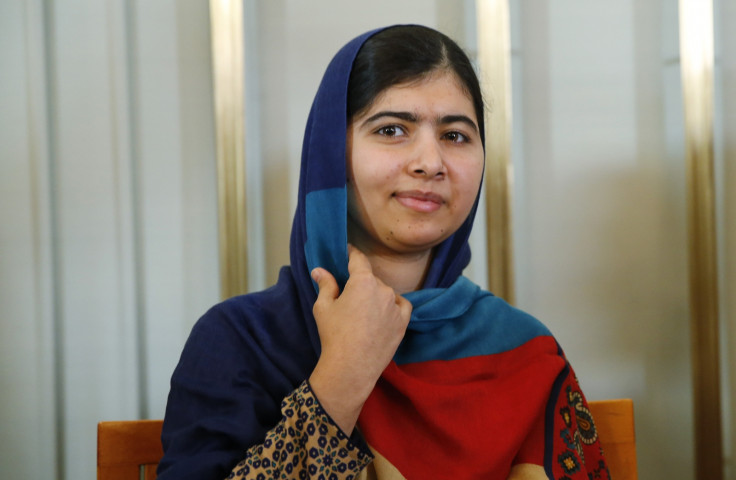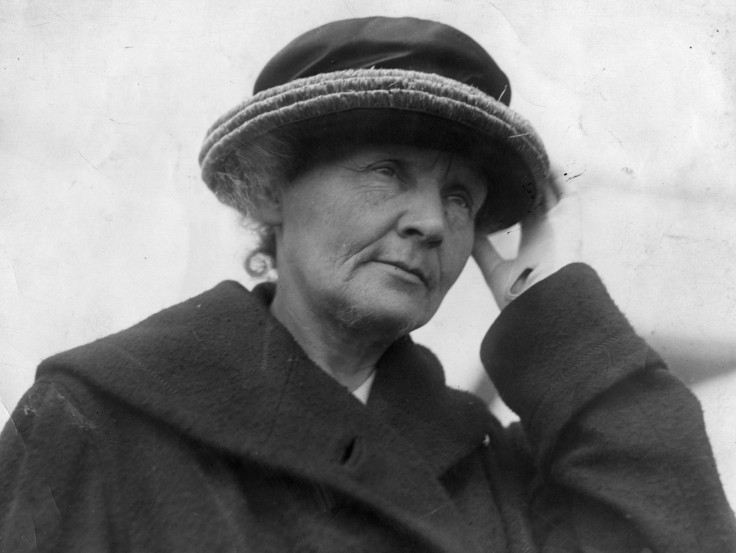Malala Yousafzai: What does it take to become a Nobel laureate?

Malala Yousafzai, the youngest ever recipient of the Nobel Peace Prize, will take centre stage in Oslo today with co-winner Kailash Satyarthi, an Indian child rights campaigner, for this year's award ceremony.
The Nobel Prizes are collectively viewed as the highest intellectual honour in the world, since they were first awarded in 1901.
With such a wide variety of work honoured, famous recipients have included Marie Curie in 1903 as the first female laureate, Albert Einstein in 1927 for physics and Dr Martin Luther King, who won the peace prize in 1964.
But how do you win a Nobel Prize?
Nominations
There is no clear formula to be awarded a Nobel Prize, candidates are nominated by qualified individuals and organisations. A nomination is considered valid if it is submitted by a person who is a member of a national assembly or government of state, a member of an international court, university professors of social sciences, history, philosophy, law and theology, directors of peace research institutes and foreign policy institutes and Nobel laureates.
As the prizes were set up in the will of Swedish chemist and inventor of dynamite, Alfred Nobel, the Peace Prize is awarded in Oslo, Norway, while the others are presented in Stockholm, Sweden. Active and former members of the Norwegian Nobel Committee and former advisers to the committee are also able to nominate candidates.
There is no limit on the number of times in individual can be nominated. Before peace advocate and leader in women's suffrage Jane Addams won the prize in 1931, he name came up 91 times for the award. Nobel prizes are not awarded to deceased individuals, unless the recipient dies between the time they are notified and the award ceremony.

Traits for success
There are certain traits common to Nobel laureates working across different fields. More importantly, winners have sought to advance human knowledge with their work or create solutions to the world's problems. For example, Yousafzai, who was shot in the head by Taliban gunmen in October 2012 for campaigning for girls' education, works to have higher numbers of children in education.
"I want to serve my country and my dream is that my country becomes a developed country and I see every child get an education," she told the BBC.
Those who make a major breakthrough in a particular field are also more likely to be nominated as candidates. Curie was the first person to win two Nobel Prizes and is one of only two people in the history of the Nobels to win in two different fields.
She and her husband Pierre, along with French physicist Henri Becquerel, won the physics prize in 1903 for their discovery of radioactivity. Curie went on to win in 1911, for discovering the elements radium and polonium and investigating their properties. Elbert Einstein, who earned the Nobel Prize in Physics in 1921, changed the history of theoretical physics.
In the science categories, it is more common for those carrying out the research to win the prize. In 1945, Sir Alexander Fleming, Ernst Chain and Sir Howard Florey were awarded the Nobel Prize in Physiology or Medicine for their discovery of the fungus penicillin, used in modern medicine to cure staph infections, meningitis, syphilis and other infectious diseases.
It is commonly believed that Fleming made the discovery when he accidentally ate a piece of mouldy bread, which cured him of an infectious disease. In truth, he discovered penicillin when he went away on holiday and returned to find the fungus had developed in petri dishes containing bacteria.
Peace Prize
For the Nobel Peace Prize, it is more common for leaderlike figures to be nominated. In 1964, Marti Luther King, Jr, was awarded the prize as the figurehead of the African-American Civil Rights Movement. When notified of his selection, he announced he would turn over his prize money, a sum of $58,123, to further the movement.
Along the same vein of public figureheads, previous potential candidates have been in the public eye in their field, with some taking extra steps to publicise their work to general audiences. It is essential to stress that most potential candidates in their field are passionate about making a difference in the world, rather than striving for recognition of publicity.
Most Nobel laureates are awarded their prizes years after their most famous work, in part because time can be an measure of success. This has not always been the case, however, was former Soviet leader Mikhail Gorbachev received a Nobel Peace Prize shortly following his decisions that would lead to the end of the Cold War.
© Copyright IBTimes 2024. All rights reserved.






